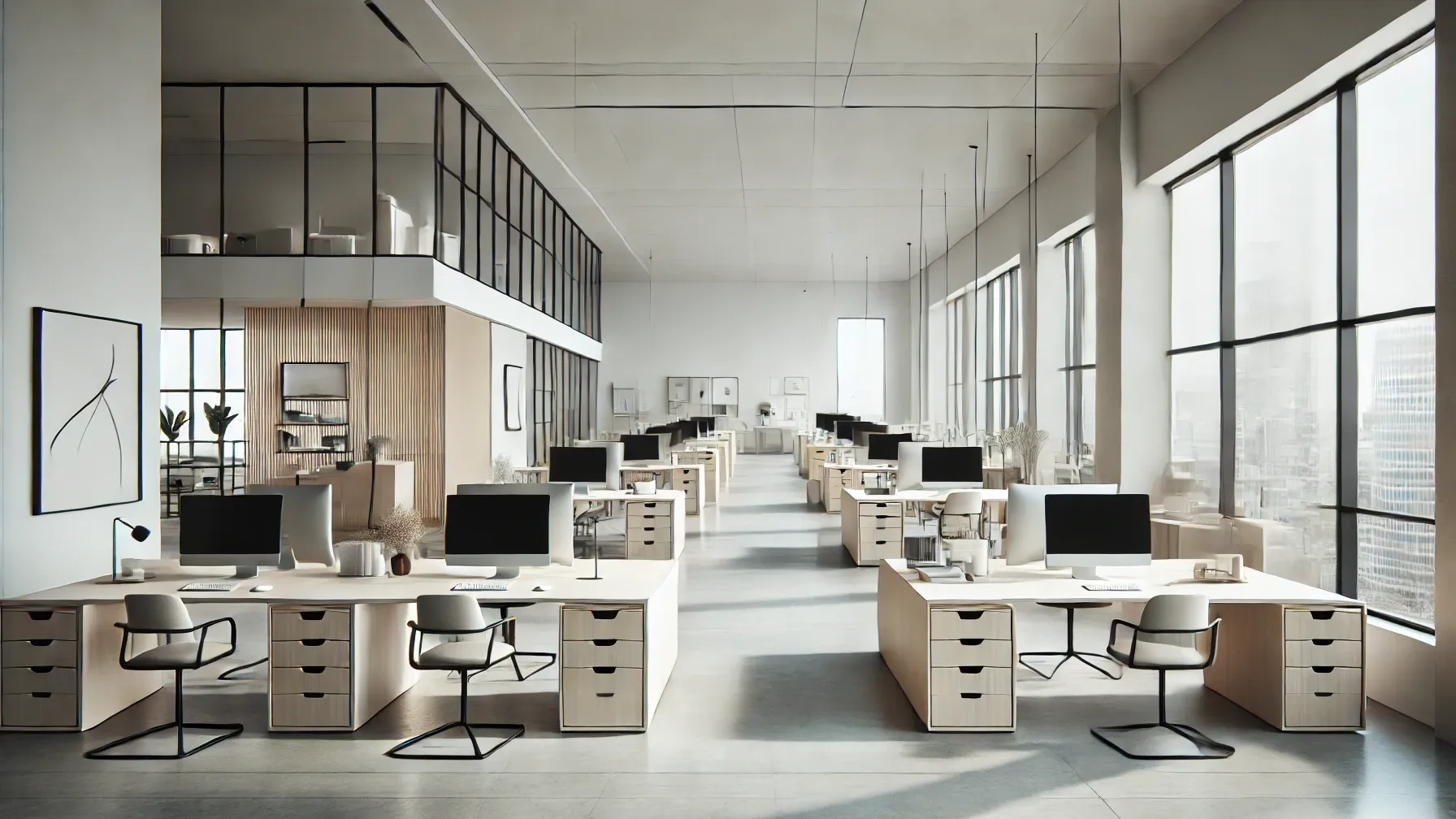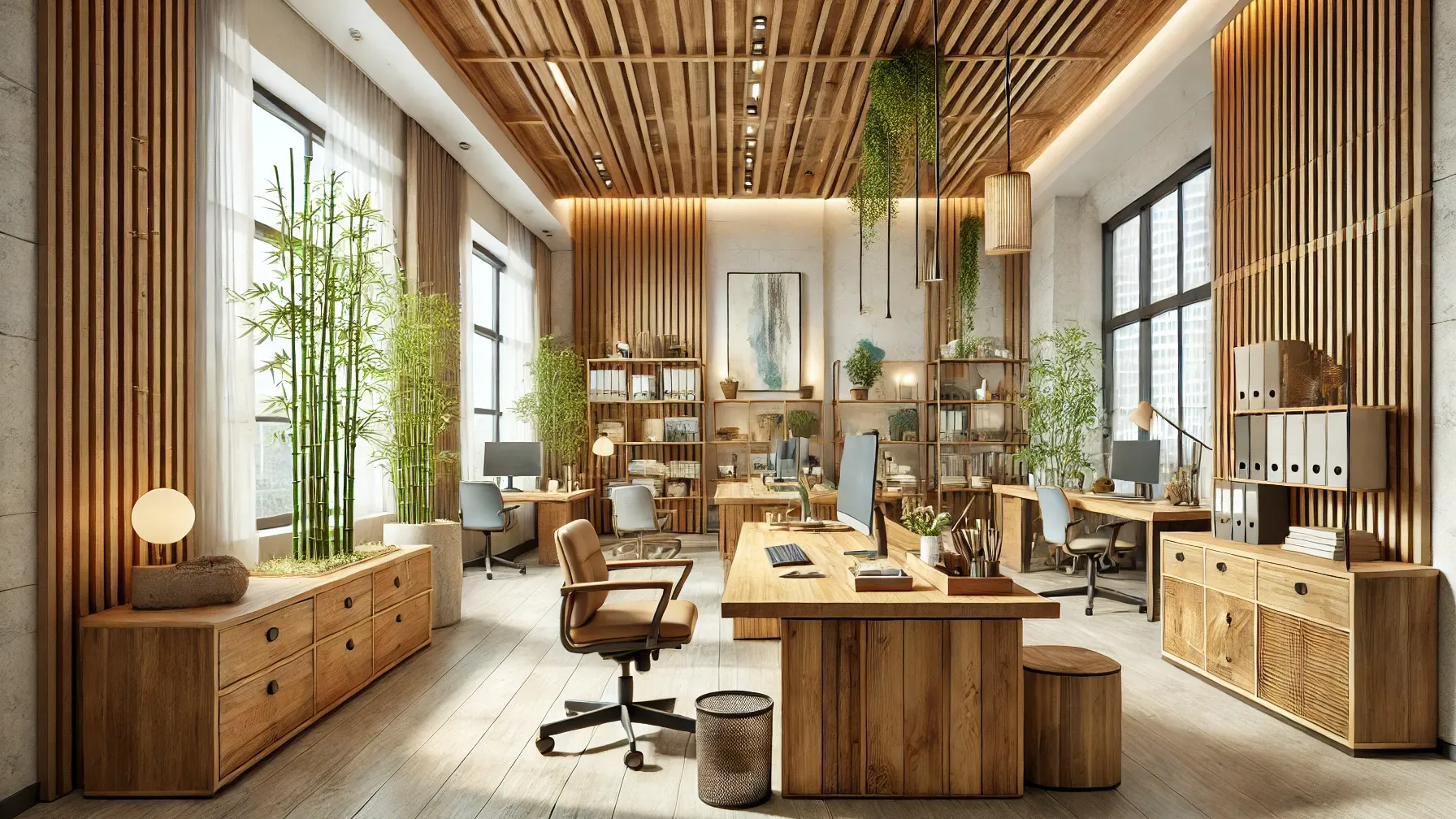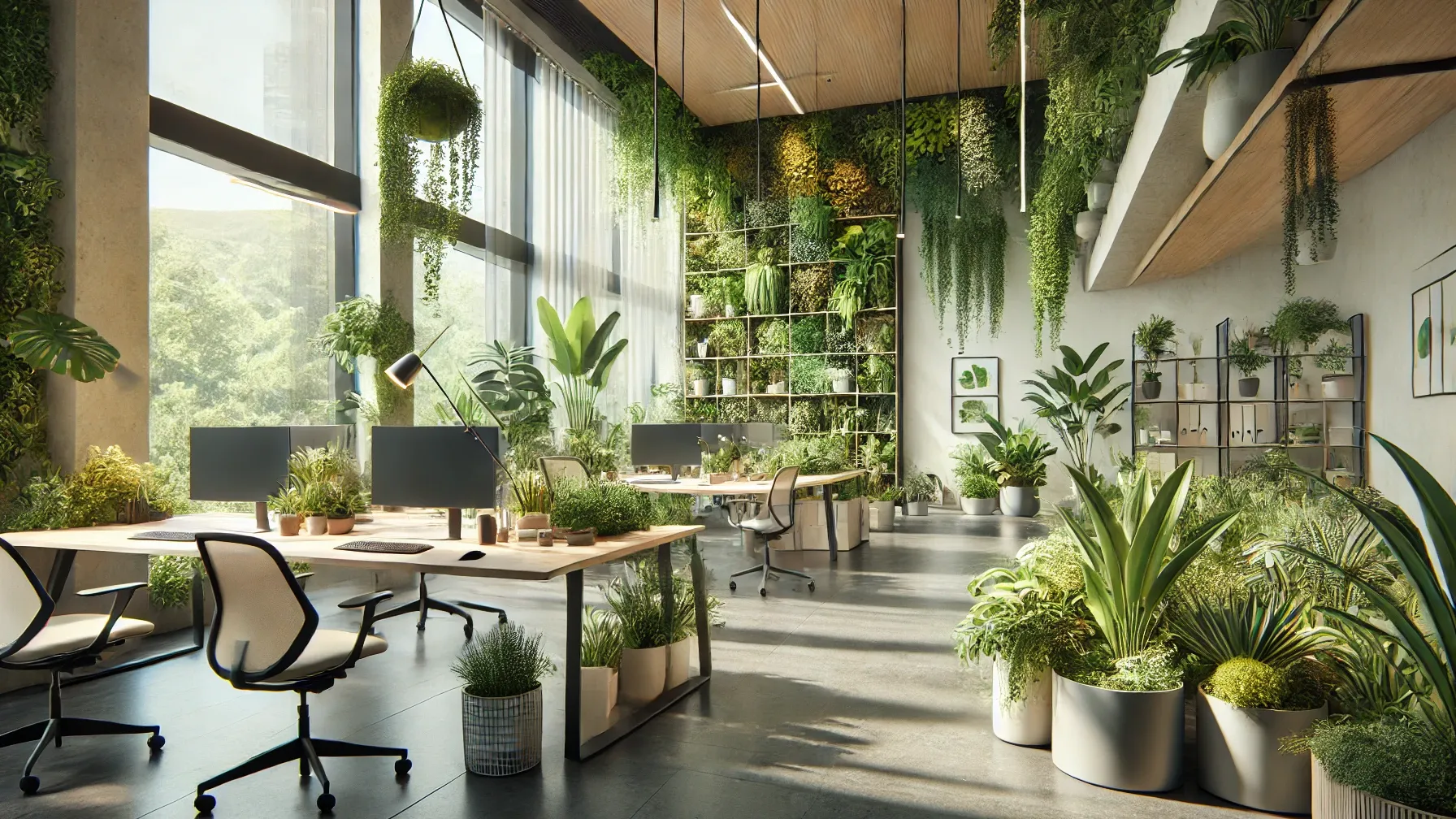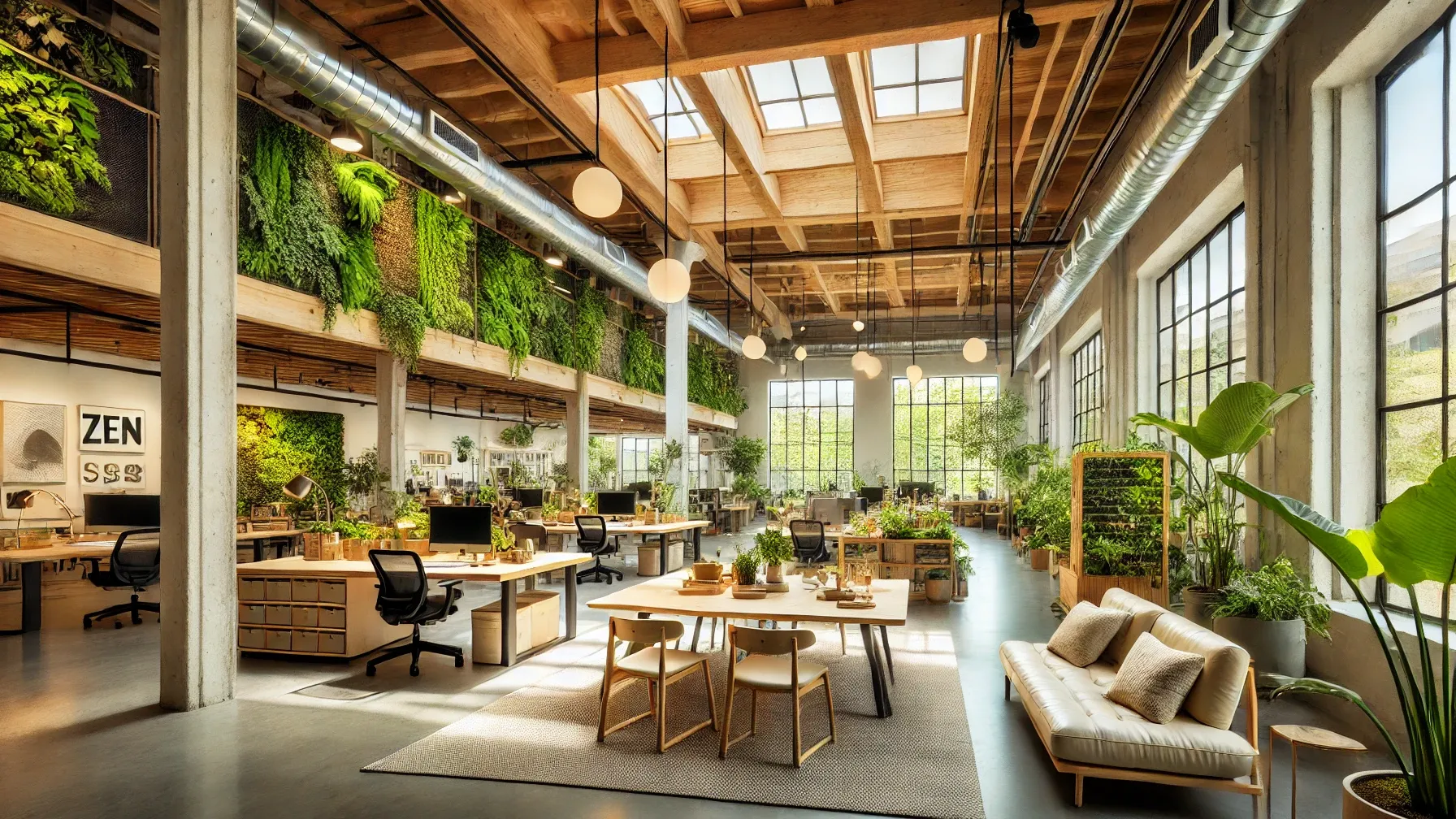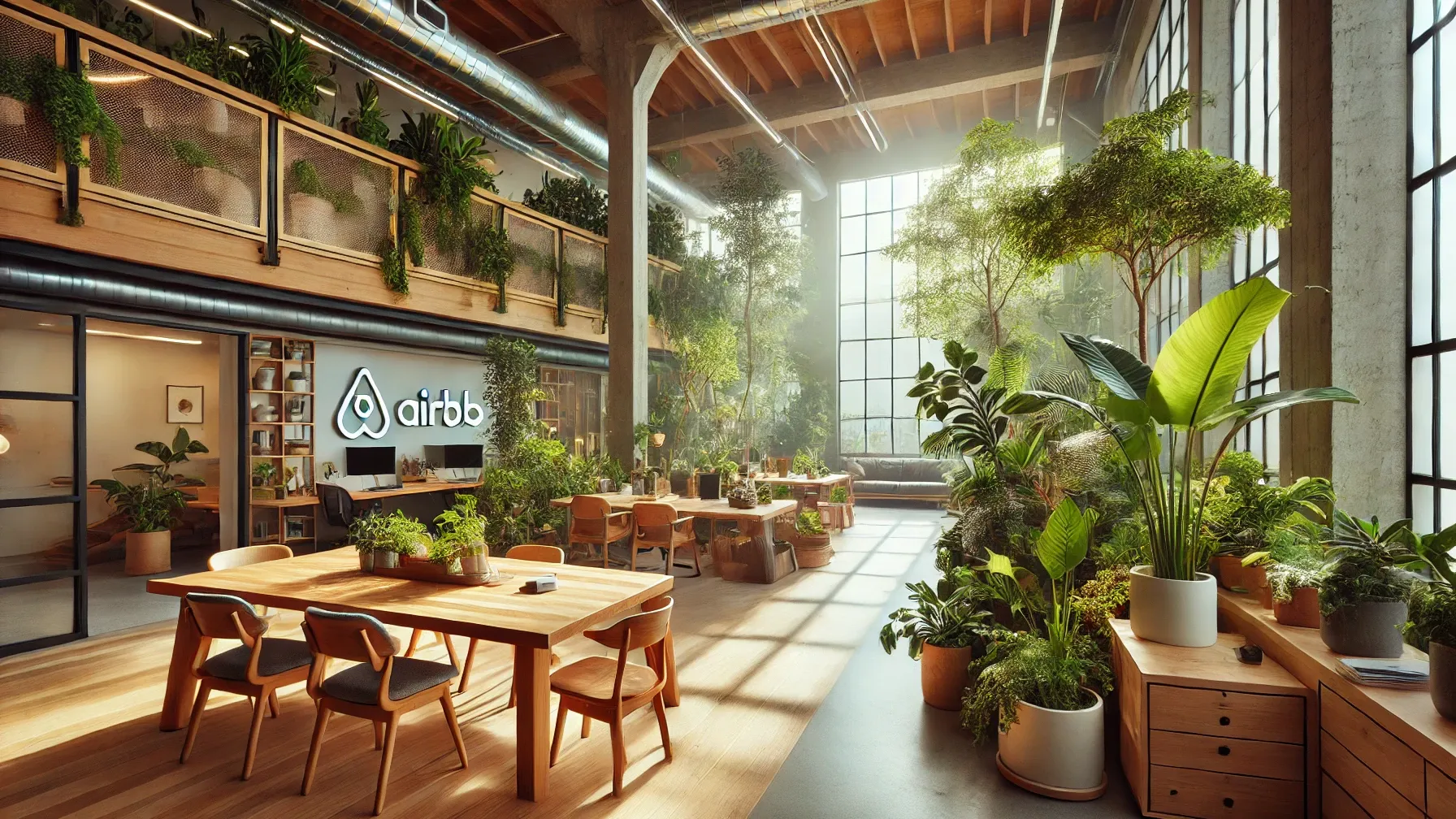The Influence of Japanese Zen Design on Modern Workspace Environments
In recent years, the principles of Japanese Zen design have found their way into modern workspace environments, creating serene and productive atmospheres that enhance both well-being and efficiency. This fusion of traditional aesthetics with contemporary needs has led to a transformative approach to office design, prioritizing simplicity, natural elements, and mindfulness.
Minimalist Aesthetics: The Essence of Zen
At the core of Zen design is minimalism. This principle emphasizes the removal of clutter to create a space that is both functional and visually appealing. In a workspace, this translates to clean lines, open spaces, and the strategic use of furniture and decor. By eliminating unnecessary items, a Zen-inspired office fosters a sense of calm and order, allowing employees to focus better on their tasks.
Practical Tip:
Start by decluttering your workspace. Keep only essential items on your desk and store everything else out of sight. Opt for furniture with simple designs and neutral colors to maintain a cohesive and uncluttered look.
Natural Materials: Bringing the Outside In
Zen design heavily incorporates natural materials like wood, stone, and bamboo. These elements not only add a touch of nature to the office but also promote a sense of grounding and tranquility. The use of natural materials can make a workspace feel more inviting and comfortable, reducing stress and fostering creativity.
Practical Tip:
Integrate natural materials into your office by choosing wooden desks and shelves, stone accents, or bamboo decorations. These elements can create a warm and earthy ambiance that enhances the overall atmosphere of your workspace.
Integration of Nature: The Healing Power of Greenery
One of the most significant aspects of Zen design is its connection to nature. Incorporating plants and natural light into the workspace can significantly improve air quality and reduce stress levels. Studies have shown that exposure to natural elements can boost mood and productivity, making it a crucial component of a Zen-inspired office.
Practical Tip:
Add indoor plants to your workspace. Choose low-maintenance varieties like succulents or snake plants if you don't have a green thumb. Position your desk near a window to maximize natural light, or use full-spectrum lighting to mimic natural daylight.
Benefits of Zen Design on Mental Health and Productivity
The influence of Zen design on modern workspaces goes beyond aesthetics. By fostering a serene environment, these design principles can have a profound impact on employee well-being and productivity. A clutter-free, nature-inspired workspace can reduce stress, enhance focus, and promote a positive mood. This holistic approach to office design acknowledges the importance of mental health in achieving professional success.
Case Studies: Zen Design in Contemporary Offices
Several companies have successfully integrated Zen design principles into their office spaces, reaping significant benefits. For example, Etsy's headquarters in Brooklyn features open spaces, natural materials, and abundant greenery, creating a harmonious and productive environment. Similarly, Airbnb's office in Portland incorporates Zen elements such as wooden furniture, natural light, and plants, resulting in a workspace that feels both innovative and relaxing.
These examples highlight how Zen design can be adapted to various corporate cultures and settings, demonstrating its versatility and effectiveness.
Creating Your Zen-Inspired Workspace
Adopting Japanese Zen design principles in your workspace doesn't require a complete overhaul. Start small by incorporating minimalist aesthetics, natural materials, and elements of nature into your office. Over time, these changes can create a more serene and productive environment, enhancing your overall well-being and efficiency.
Practical Tip:
Begin with a single area of your workspace. Declutter, add a few natural elements, and gradually expand these changes throughout your office. This approach allows you to experience the benefits of Zen design without feeling overwhelmed.
In conclusion, the influence of Japanese Zen design on modern workspace environments is profound and multifaceted. By embracing simplicity, natural materials, and a connection to nature, you can create a workspace that promotes both productivity and well-being. As more companies recognize the importance of employee mental health and the impact of the physical environment on work performance, the adoption of Zen design principles is likely to continue growing, shaping the future of office spaces worldwide.

